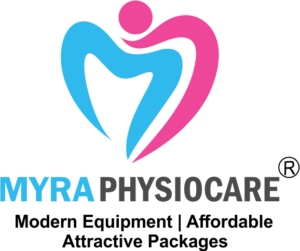Motor Neuron Disease Physiotherapy
Motor neuron disease (MND), also known as amyotrophic lateral sclerosis (ALS), is a progressive neurological disorder that affects the motor neurons responsible for controlling voluntary muscles. As MND progresses, patients may experience muscle weakness, atrophy, spasticity, and impaired balance and coordination, which can significantly impact their ability to perform daily activities.
Physiotherapy can play an essential role in managing the symptoms of MND and improving the quality of life for patients. The goals of physiotherapy for MND patients include maintaining muscle strength, preventing muscle contractures and joint stiffness, improving breathing, and maintaining function as long as possible.
Some of the physiotherapy interventions used in MND management include:
Range of motion exercises: These exercises aim to prevent joint stiffness and contractures by moving the joints through their full range of motion.
Strengthening exercises: These exercises target the muscles that are still functioning to maintain strength and prevent muscle wasting. Resistance training using weights, bands, or bodyweight may be employed.
Balance and coordination exercises: Patients with MND may experience difficulties with balance and coordination, leading to an increased risk of falls. Balance exercises can improve postural stability and reduce the risk of falls.
Respiratory muscle training: MND can cause respiratory muscle weakness, leading to difficulty breathing. Respiratory muscle training exercises can help improve lung function and oxygenation.
Assistive devices: As MND progresses, patients may require assistive devices such as braces, orthotics, and mobility aids to maintain independence and improve function.
It is important to note that physiotherapy should be tailored to the individual needs of each patient and should be regularly reassessed as the disease progresses. A multidisciplinary approach involving a team of healthcare professionals including physiotherapists, occupational therapists, speech therapists, and nutritionists may be necessary to provide comprehensive care for MND patients.
